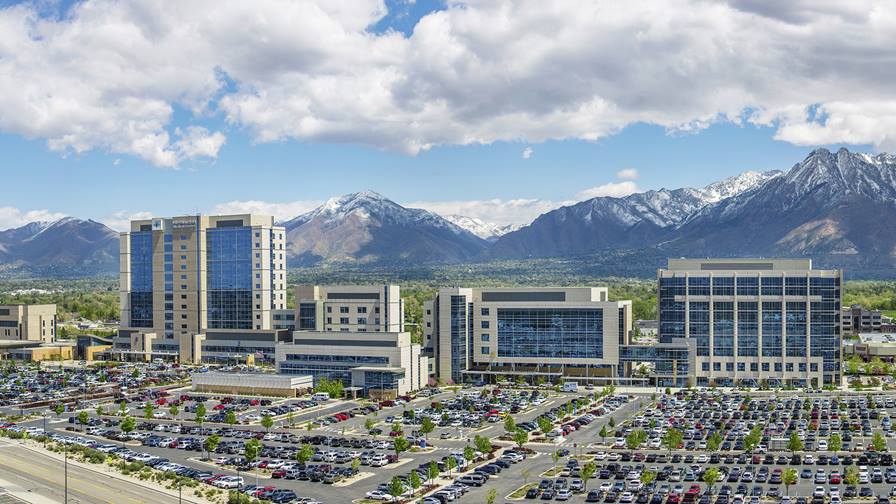
Improving air quality has been a strategic priority for Intermountain’s community health efforts since conducting our 2019 Community Health Needs Assessments. One way Intermountain is helping improve air quality is by making contributions to community efforts. Here are four examples of projects we’re supporting:
- Breathe Utah conducts professional development workshops for teachers, equipping educators with knowledge on local air quality challenges and opportunities. Trained teachers can then bring practical hands-on lessons and resources to their classrooms to teach their students about the importance of air quality and what they can do to help enhance air quality. Intermountain is contributing $70,000 to Breathe Utah to support its teacher training program.
- The South Davis Sewer District, in partnership with ALPRO Energy and Water, owns and operates an anaerobic digester facility, Wasatch Resource Recovery (WRR), in North Salt Lake. Their facility captures methane created during the breakdown of food waste and prepares it for use as a renewable natural gas in Dominion Energy’s pipeline. The process reduces the amount of methane, a potent greenhouse gas, venting into our atmosphere. WRR processes waste from food manufacturers, distribution centers, grocery stores, and restaurants. Intermountain will contribute $40,000 to support a pilot design to expand the sewer district’s processing into residential homes, initially working with 200 homes in a combination of rural and urban areas. The contribution will support costs of the pilot program, including caddies, weekly bio bags, education materials, collection and hauling fees, marketing materials for recruitment and maintenance, and staffing needs.
- TreeUtah has created well-respected programs for more than 30 years that strive to improve Utah's quality of life through tree planting, stewardship, and education. TreeUtah plants trees throughout Utah in public spaces such as parks, schoolyards, and open lands. Its programs attract thousands of volunteers each year. Activities are focused in heavily populated areas along the Wasatch Front, where trees are especially vital because of poor air quality issues. Intermountain will contribute $40,000 to support TreeUtah’s tree planting events, including in Rosewood Park on Saturday, April 24.
- The Triple Bottom Line Foundation is working to make energy-efficient upgrades to existing affordable housing developments in Utah, and Intermountain has made a $1 million impact investment—in the form of a loan—to assist in the work. Efficiency upgrades will reduce electricity and water consumption for several hundred households, while reducing reliance on fossil-fuel-generated electricity through solar panel installation. The upgrades will also reduce utility bills for residents. Housing affordability and quality will be improved, as well as indoor and outdoor air quality—all key contributors to health outcomes.
“We know housing and our environment are connected with our health,” says Nicholas Fritz, impact investing director. “Our investment in the Triple Bottom Line Foundation enhances its ability to positively impact our environment and reduce energy bills for some who may experience the greatest challenge in paying them. We can improve health outcomes by taking steps to improve air quality and housing affordability.”
“Because air quality influences health and opportunities to engage in healthy lifestyles like outdoor recreation, our efforts to improve our air quality align with our mission,” says Lisa Nichols, associate vice president of Community Health.
If you know Intermountain caregivers who are passionate about environmental conservation, please send information about them to sustainability@imail.org so that Intermountain’s Sustainability team can partner with them to make a difference in our workspace.

